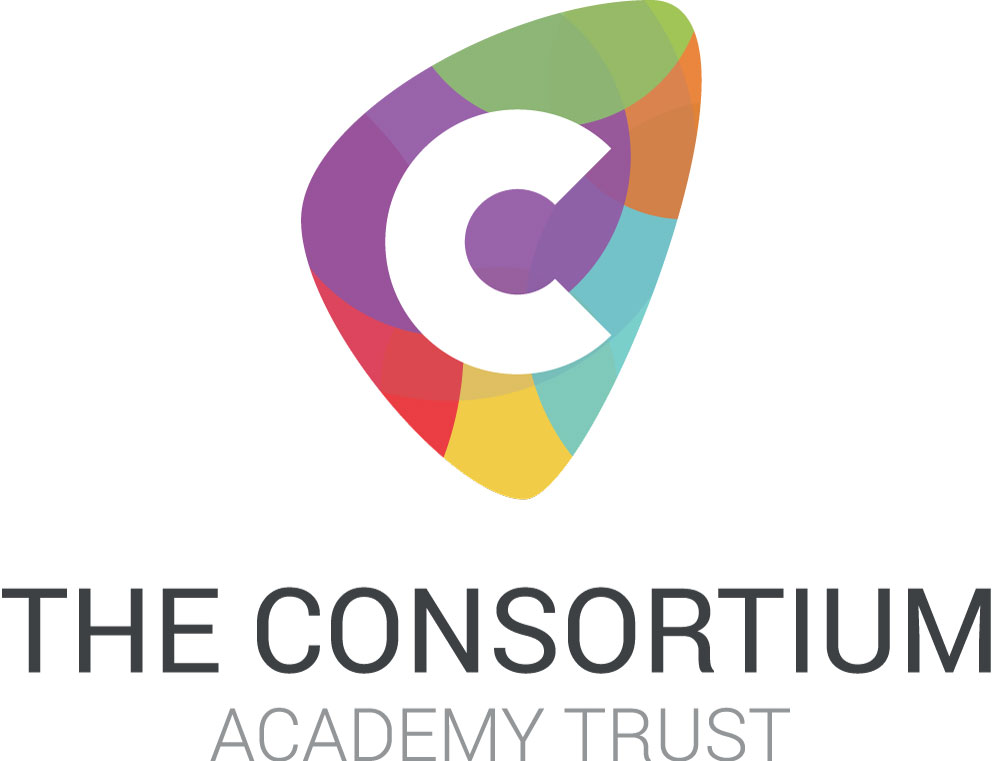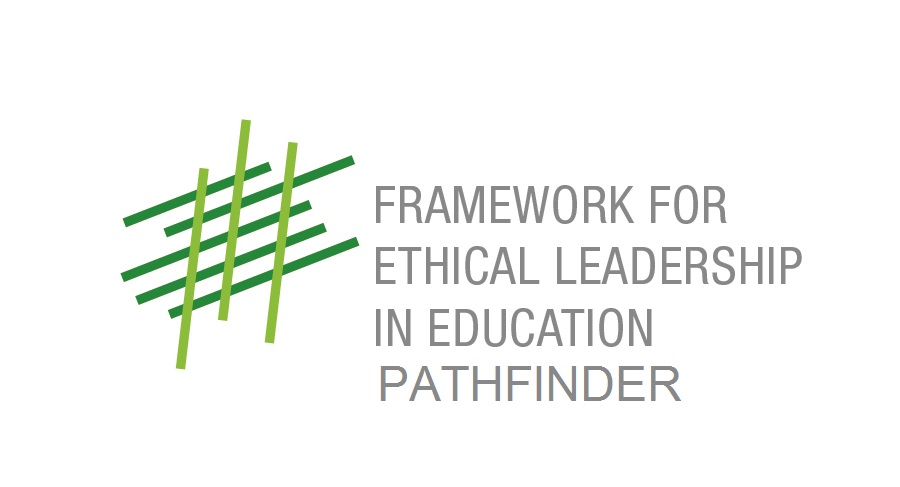Languages
'Studying a foreign language opens up new worlds and helps you to appreciate other languages, countries, cultures and communities. Exposure to music, films, food, festivals and literature are all integral parts of language learning, as well as trips and visits. We live in an increasingly global environment, which we need to be able to access through openness and understanding.
Opportunities are provided for some KS3 learners to learn Chinese as well as French. Our Chinese Whispers Choir, organised by the Confucius Institute at Hull University, practises weekly and participates in performances, as well as national and international competitions. '
Miss V Brownlee, Head of Languages



